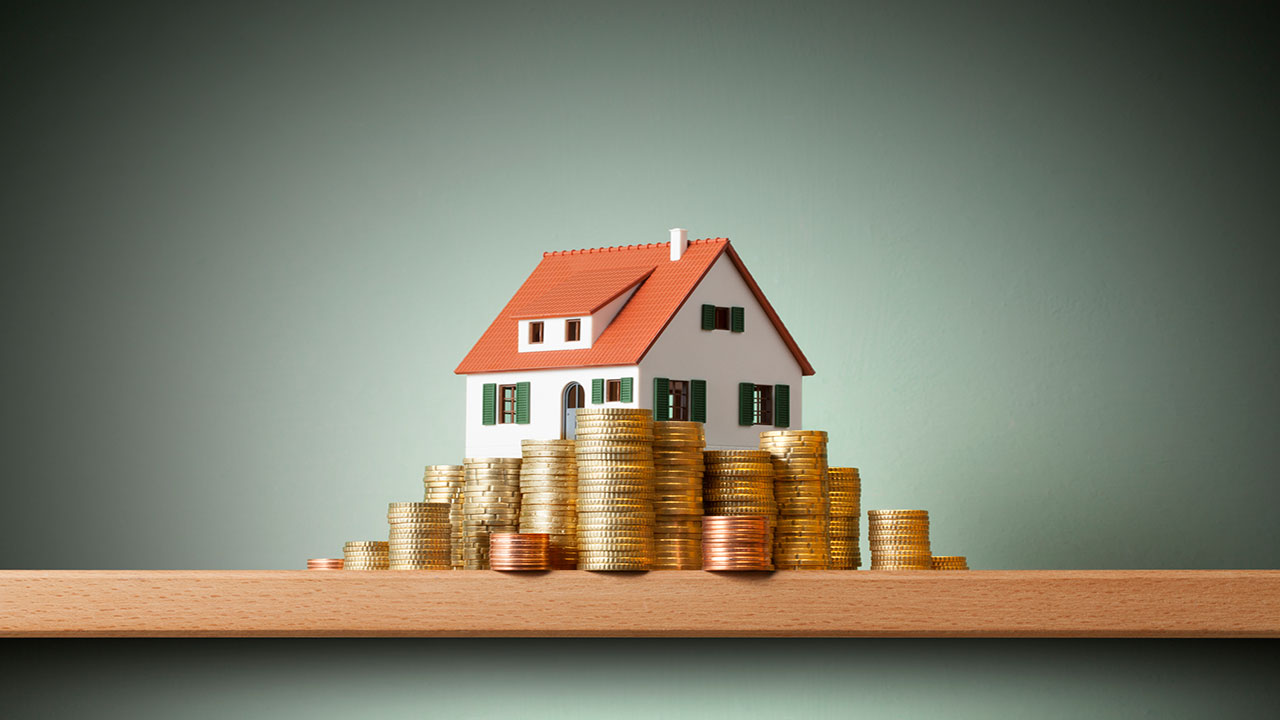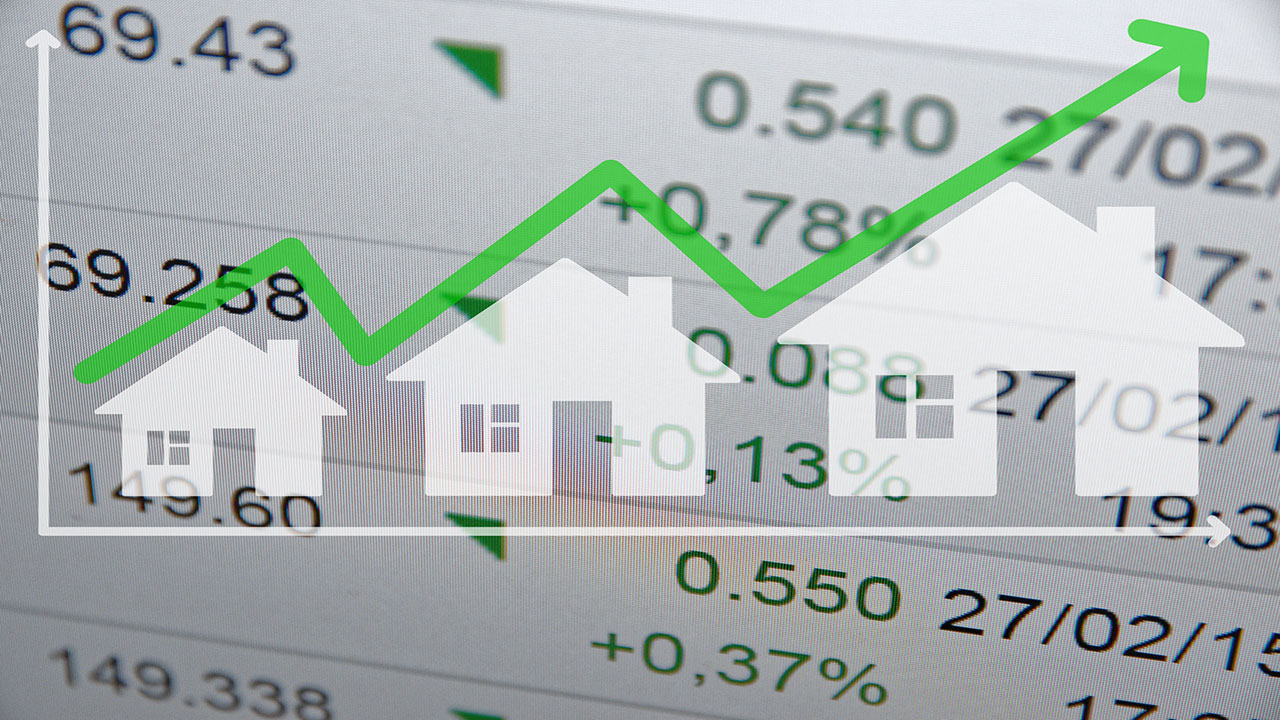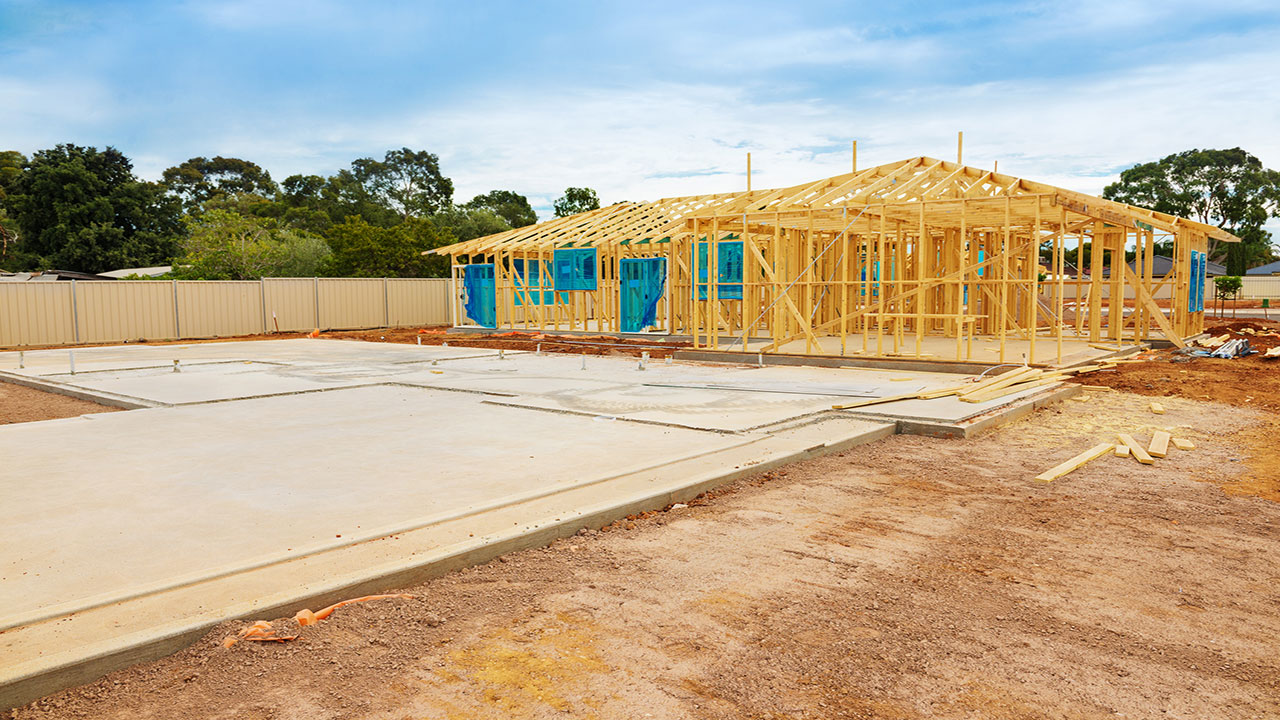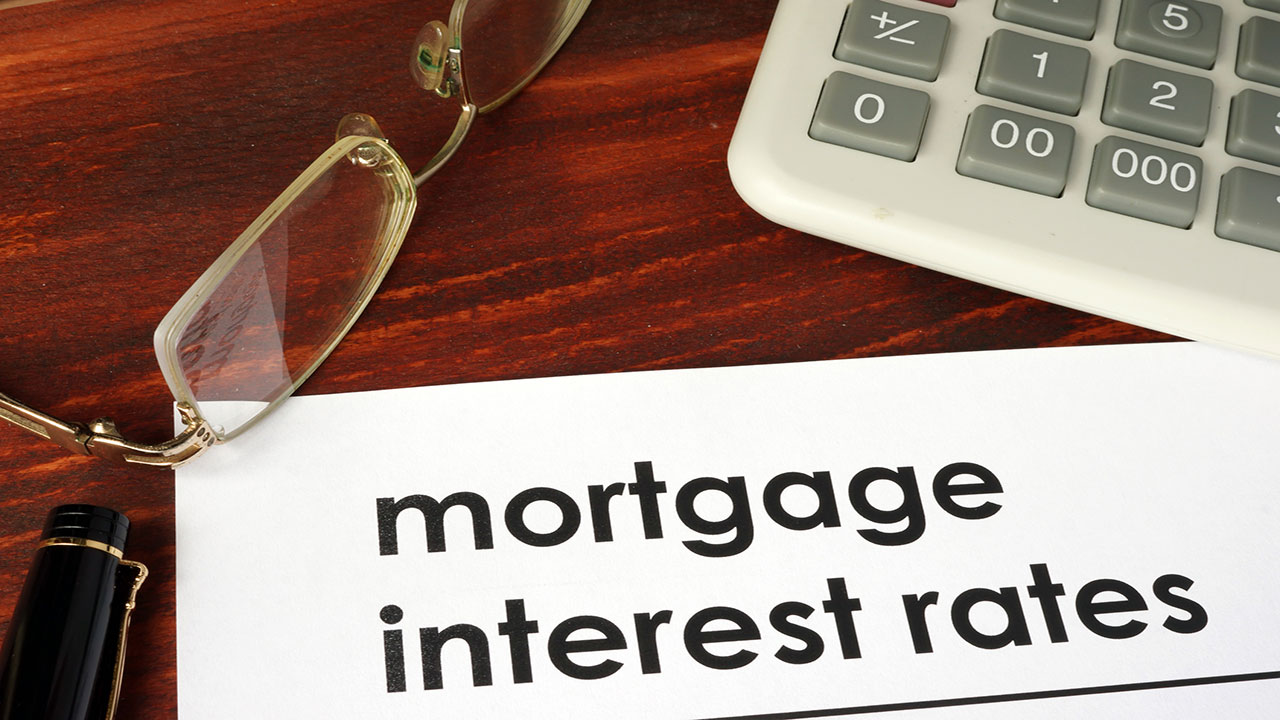How Does Inflation Affect the Housing Market?

When inflation rises, consumers notice. With a rise in inflation comes a rise in the price of goods and services. Every industry is impacted by an increase in inflation, including the real estate market.
The housing market is driven by several factors, including inflation. This phenomenon – which is basically an increase in the cost of goods services – is essentially a symptom of an underlying cause, namely the devaluation of the dollar. Along with inflation comes negative consequences for the housing market, which can happen no matter which market you happen to be in.
Increase in the Price of Real Estate

Homes are goods that are purchased, and as such, they’re impacted by inflation. As inflation rises, so can the price of real estate. The costs associated with real estate tend to be higher with a rise in inflation, prompting sellers to beef up the price of properties in an effort to offset these bigger costs.
One cause of inflation is the amount of money that the Federal Reserve places in circulation. When more money is circulated, the price of real estate automatically jumps.
Increase in the Cost to Build

Other types of goods that are produced and purchased are building materials associated with home construction. Considering all the materials and tools needed to build homes, an increase in the price of each can have a dramatic influence on the cost to build. In order to recoup the cost associated with new home construction, builders are typically forced to increase the price of homes so their bottom line isn’t affected.
Increase in Mortgage Interest Rates

Just as a rise in inflation can cause the price of homes to increase, so can it cause mortgage rates to jump. This, in turn, makes it more expensive to borrow money to finance a home. With higher mortgage rates comes a bigger home loan amount, making it more expensive to pay off. Many would-be homebuyers often choose to forego the home buying route in an effort to avoid getting stuck with super expensive mortgages that they would have a hard time managing.
Higher rates as a result of rising inflation can mean bigger monthly mortgage payments, leaving borrowers with less disposable income. In order to ward off such a scenario, many choose not to borrow at all.
Adjustable-rate mortgages, in particular, are more heavily affected by inflation than fixed-rate mortgages. When you take out a fixed-rate mortgage, the same interest rate is paid throughout the loan term. The rate of inflation only truly matters when you first obtain the mortgage. If inflation causes interest rates to increase during the life of your mortgage, you likely will not be affected since the rate will not change.
On the other hand, an adjustable-rate mortgage could leave you with higher payments some time down the road. This type of mortgage may start out with a lower interest rate compared to a fixed-rate mortgage for a specific number of years, but adjusts on a yearly basis to reflect the current inflationary situation. This type of home loan arrangement is linked to an index that gauges inflation. If inflation spikes, the monthly payments associated with an adjustable-rate mortgage might surge.
Hedging Against Inflation With Homeownership

If you’ve owned property for many years, the chances are good that you’re sitting on a very valuable asset. Real estate is typically considered to be a good asset to own as far as inflation is concerned. In fact, it’s one way to hedge against inflation and protect your capital.
Real estate is one type of asset that reacts proportionately to whatever inflation does at any given time. The concept is rather simple: if you buy a home at a certain price one year, it will likely be worth a lot more a few years later thanks to inflation.
For instance, if you buy a house today for $500,000 and it ends up being valued at $1 million 10 years later thanks to inflation, you now own property that’s worth double what you paid for it. If you originally held a $400,000 mortgage to finance it (assuming a $100,000 down payment), you now have an asset with $600,000 in equity (or more depending on how much principal you’ve managed to contribute during these years).
The Bottom Line
As a consumer, you can expect to pay more at the checkout counter for all the goods you buy when inflation kicks in. Inflation is the reason why a loaf of bread now costs about $2.50 compared to 12 cents back in 1950. Real estate is a good just like a loaf of bread and is also subject to the rise of inflation. Yet while inflation is an inevitable part of the economy, owning real estate can help you hedge against it.
Of course, it’s always important to speak with a financial advisor when it comes to handling your finances in order to make sound purchasing decisions. And when it comes to buying property, it’s recommended that you consult with a seasoned real estate professional who will be able to guide you in the right direction.